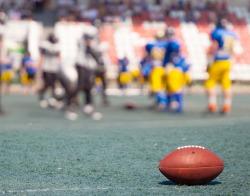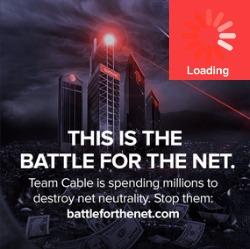BlogFriday, October 17 2014
Last month, Barry Ritholtz published his 30,000 th blog post. He posted content-- graphs, investing articles, web links, video clips and economic analysis-- about five to 10 times a day, everyday for 11 years. In this post, Ritholtz reveals what he's learned about effective writing a blog, featuring his advice on ways to build a good blog. Basing on this research by HubSpot: Blog frequency impacts customer acquisition. 92 % of companies who blogged multiple times a day acquired a customer through their blog. You probably don't have time to formulate and write multiple articles each day, but can you assemble a minimum of one? Otherwise, you're missing a key element of SEO. Wednesday, October 15 2014
In February 2013, Facebook announced plans to buy Atlas, Microsoft's ad tracking and serving business. When, Facebook COO Sheryl Sandberg said that the corporation had "no plans" to create a network to serve Facebook ads on third-party webpages. (Source: Inside Facebook). Facebook now has a plan for Atlas and it does involve serving PPC ads on third-party web sites. According to this Wall Street Journal article, "Atlas is aiming squarely at Google's DoubleClick, the dominant ad-serving, management and tracking tool for agencies and advertisers.". Visit this site to get more information about Atlas and its potential to "connect online campaigns to actual offline sales, ultimately proving the real impact that digital campaigns have in driving incremental reach and new sales.". Visit here to review Ello, a new-ish social media platform that's being called the "anti-Facebook" given that it's ad-free and doesn't provide user data to third parties. Tuesday, October 14 2014
September 10, 2014 was a day of protest against proposed changes to net neutrality rules. Internet Slowdown Day really did not actually slow the internet. Instead, a coalition of companies referred to as Team Internet posted symbolic "loading" icons on their website or blogs to underscore the issue. FCC rules founded in 2010 compel Internet service providers to treat all web traffic consistently. In 2011, Verizon brought a case against the FCC, charging that alreadying existing rules disallowing companies from buying and selling fast-lane availability were against the law. In January 2014, a federal appeals court ruled in Verizon's favor. In April, the FCC contemplated updated rules that could create a two-tiered internet-- fast lanes for those who can afford to pay for an enhancement and slower lanes for those who can't. The FCC received over 3.7 million comments on the topic. The FCC held a series of open internet roundtables discussions but no decision has been announced. Click this link to read Five Major Ways the Internet Will Change Without Net Neutrality. |
|
|



